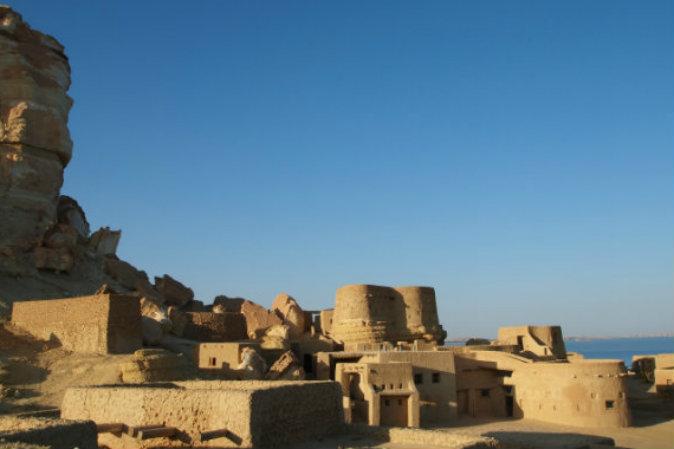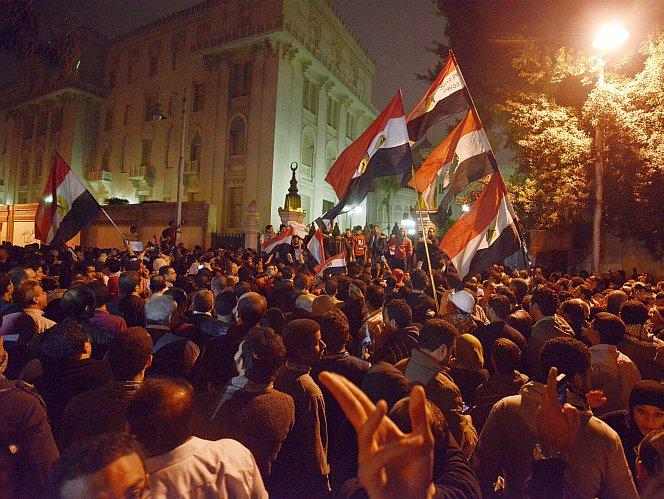Simultaneous demonstrations took place in major cities across Syria on Wednesday. Sources inside Syria report that thousands of protestors gathered in Aleppo, Al-Hassakah, Daraa, Deir ez-Zor, and Hama starting at 11 a.m. There were some clashes with security, according to reports from dissident groups.
A relatively smaller group of about 200 people reportedly gathered in Damascus, where protestors marched from the Hariqa to the Hamidiyeh neighborhoods of Old Damascus. Some gathered around Umayyad Mosque.
The protest in Damascus was captured on video and posted on YouTube. Details about the protests Syria-wide were sent out through a network of activists working from inside and outside of Syria.
Working from Washington, Syrian pro-democracy leader and expert, Ammar Abdulhamid is in contact with the dissident network in Syria where activists are “providing information from the field,” he said.
According to Ammar, “The day of protests was organized by young activists from inside Syria who used Facebook pages and groups to exchange ideas.”
Dissidents inside Syria said that the demonstration in Damascus lasted for about one hour before two buses of uniformed and plain-clothes security arrived on the scene to disperse the protesters with batons. Some cell phones were confiscated by security, but most protestors left without incident. Six people, including five men and one young woman, were reportedly arrested.
[youtube]IFmM2o5OrwQ[/youtube]
In the video, protestors shout slogans like, “Syrian people will not be humiliated” and “We sacrifice our blood and soul for you Syria” instead of “Bashar,” which is the usual slogan. They also shouted, “Where are you Syrians?” in a call for more people to join.
The video is posted by the same source that leaked the YouTube video of the spontaneous 1,500-person protest on Feb. 17.
According to Ammar, protests might have been bigger in cities around Syria, compared to Damascus, because of the greater homogeneity based on tribal, ethnic, and sectarian bonds of those populations. The capital has more ethnic diversity, which presents a challenge for the type of “communication and bonding needed to launch such movements,” says Ammar. Moreover, since Damascus is the seat of power, intimidation by the Assad regime plays a greater role there.
Ammar says that activists inside Syria have been communicating with counterparts in Egypt to learn from them.
Demonstrations are being planned in front of Syrian embassies in major cities in the United States and Europe. The goal is to build momentum and network with Lebanese and Egyptians to ask for their support, said Ammar.


